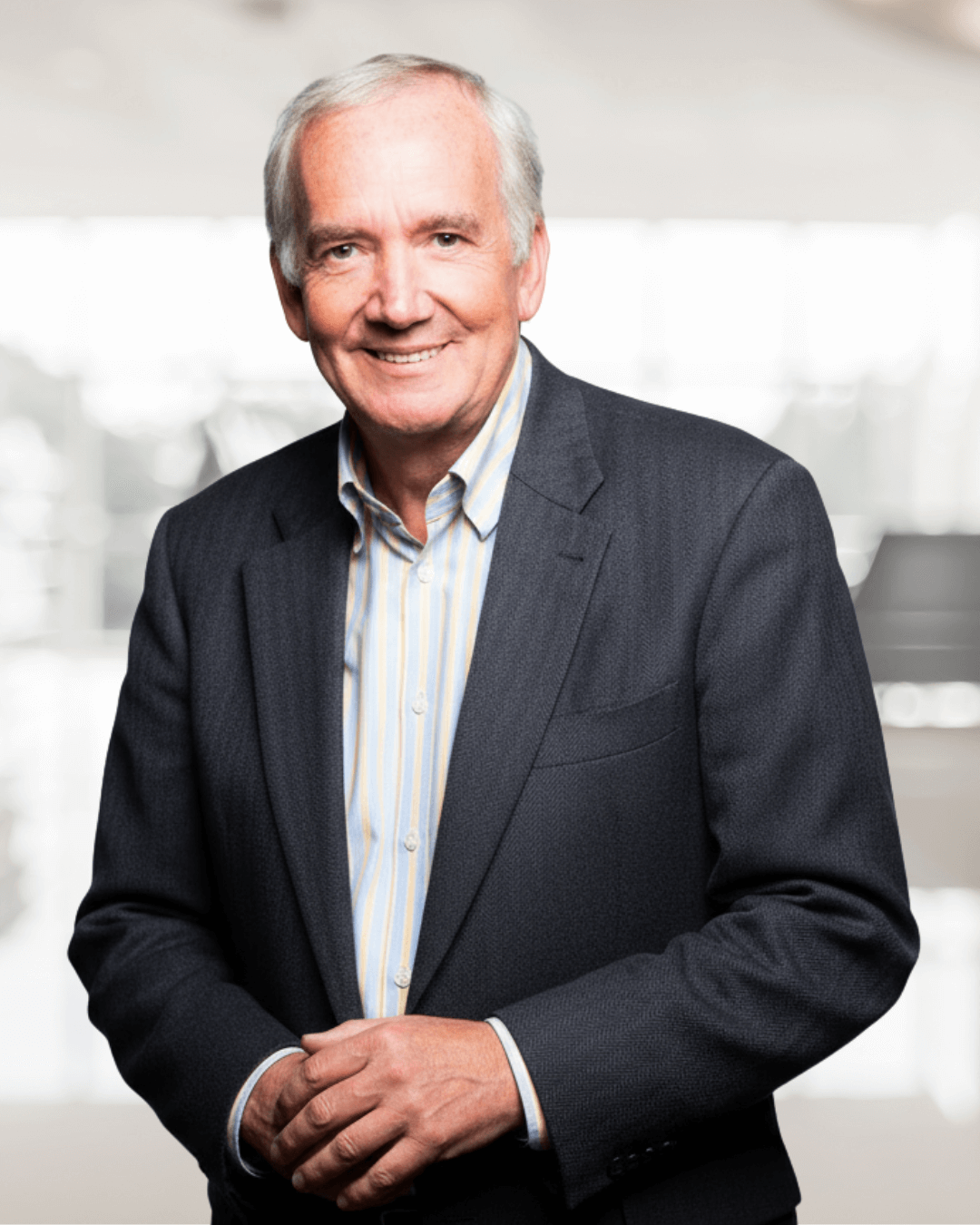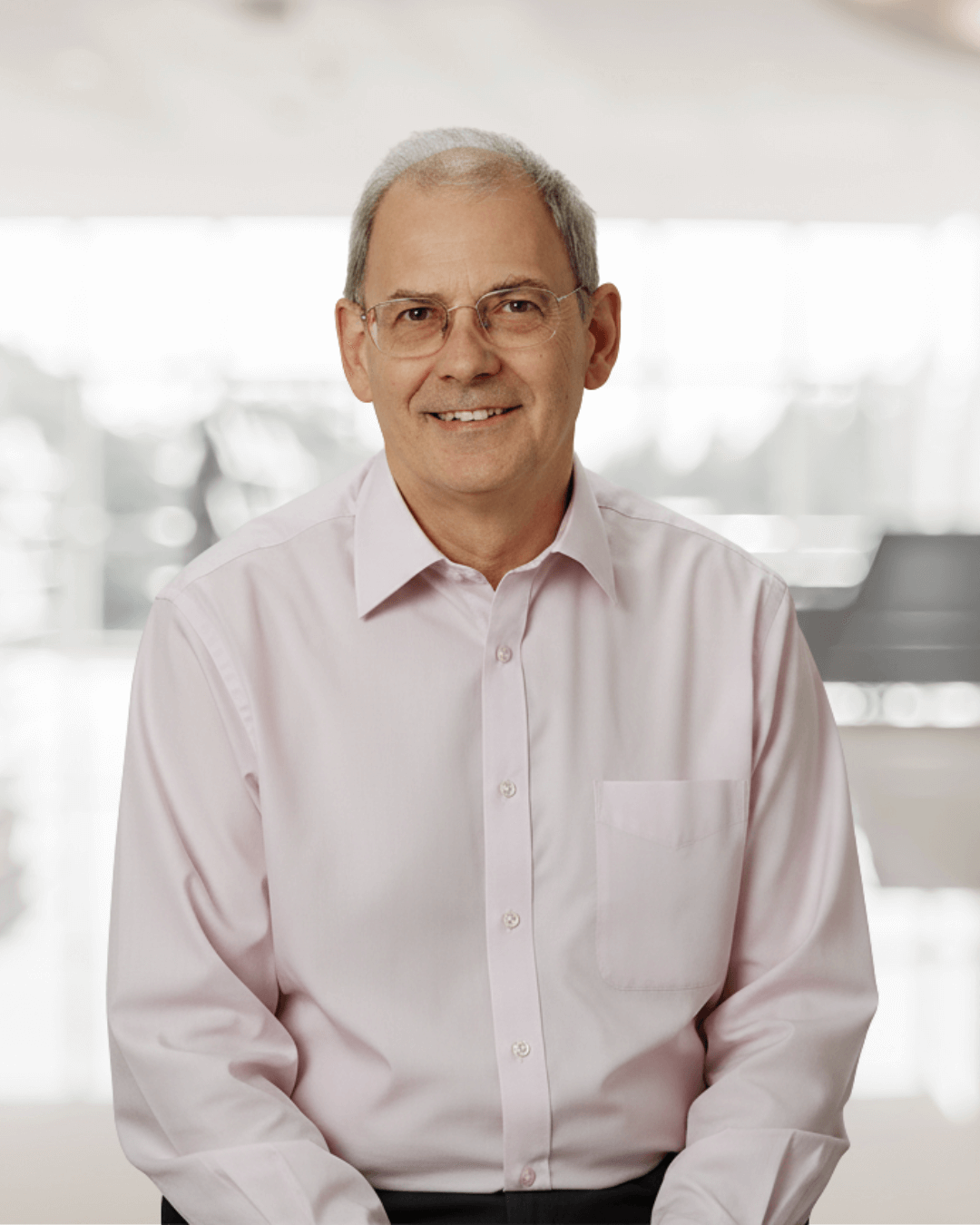How to Find Meaning and Purpose in Life
Find meaning and purpose in life consists of the central motivating aims of your life- the reason you set up in the morning.
What is the meaning of life? What is the point of our existence? These age-old questions have been pondered and philosophized, asked in the most grueling moments of life yet in the most peaceful times as well. As soon as we develop self-awareness, we begin to ask ourselves, “Why am I here?”
Even as children, we are forced to consider these questions at a very young age. Parents and well-meaning adult figures in our lives ask us, “What do you want to be when you grow up? A fireman? A doctor? A mommy or daddy? What do you want to do?” While it is natural to seek meaning and purpose, there is added pressure from society – right from the day we’re old enough to speak!
Millions of people wonder what their ultimate purpose is in life. And the reality is that there are millions of different answers to that question! There is no blanket statement, no end-all-be-all solution to finding meaning. Your purpose in life is unique to you. Your heart’s desires, your moments of happiness, or your fulfillment may look vastly different than that of the person sitting next to you. Therein lies the beauty – you don’t need to find The meaning of life, you should seek out your PERSONAL MEANING of your own life!
The desire for purpose pulls at our hearts, and maybe it’s tugging extra hard on yours right now. Rather than searching for meaning in far-off places and ideas, the best place to find it is right here, right now. Your experiences and innermost passions have guided you to this point, and they will guide you to the place you need to be – all you have to do is follow.
To unlock your full potential and discover your personal meaning, here are the questions you should consider, the introspection that will help you uncover your life’s purpose.
Before you continue, you might like to consider our free worksheet on exploring “Find Your Passion”. Please download this worksheet here.
What Makes You Forget to Eat?
Have you ever had a moment where you get so caught up in a task or project that you suddenly look up and realize hours have gone by? You’ve forgotten to eat, maybe even missed an appointment, because you were so absorbed in what you were doing!
Allegedly, Sir Isaac Newton would regularly forget to eat because he would get so wrapped up in his work. His mother would have to remind him or bring him food herself!
Why? Why did Newton forget to eat, and why did you lose all track of time while working on your own projects?
Because you were doing what you love!
The best way to begin discovering your purpose is to explore your passions. Not sure what your passions are, exactly? That’s okay! Start by asking yourself, “What do I love to do? What comes easily to me, and what are my talents?” Whatever comes to mind – music, volunteer work, painting – that activity leads you to your passion.
Now, of course, talents and gifts still need to be nurtured and practiced (just ask music prodigies enrolled in Juilliard), but your passion should feel instinctive, as natural as breathing. Take professional athlete Michael Jordan, for example. He is one of the most talented athletes to ever step into the arena of professional sports. It came naturally to him; he was a highly gifted athlete. However, he also had to work extremely hard, with early practices, long workout sessions, and endless drills, to get to that point. He identified his passion, and he put in the hard work to make it his life’s purpose.
What makes you forget to eat? What keeps you awake long into the night, but in the best of ways? Is it organizing? Teaching or tutoring? Writing and creating? Whatever that gift or passion is, sink your teeth into it even further! This is an excellent first step to discovering your meaning in life.
Think About Your Greatest Joys
You’ve thought about the things you love to do, the things that make you feel most at peace. The next step for finding your purpose is to focus on joy. It’s important to make the distinction between happiness and joy in this context. Happiness, though an enjoyable feeling, is more fleeting and surface-level. It can come and go in an instant and is usually based on the influence of others. Joy, unabashed, inherent joy, stems from a connection with our true selves. It evokes a sense of peace while also making us feel delighted to be alive.
Take some time to reflect on the most joyful times in your life. Think about all the times in your life that you’ve felt joy bubbling up in your chest. Now write them down, make those times feel even more real. Was it during a time of leadership? During a time abroad? Did you feel the most joy when you were a caretaker in some capacity? Look for a pattern between all of the most joyous times in your life, and see if there is a common theme. Maybe your most joyful times were spent nurturing others. Perhaps you felt the most joy when you were in the spotlight.
Whatever the case, recognize and own that theme. Joy is like the needle on a compass, telling you when you’re on course towards personal meaning or straying from the path by following someone else’s idea of fulfillment. You can uncover a lot about yourself and your life’s purpose by merely focusing on your most joyful experiences.
Where is Your Instinct Telling You to Go?
Your innermost desires, your instinct, guides you and tells you where to go in life. It’s almost like an internal GPS leading you down the highway of your experiences.
For any navigation system to work, it needs to know your current location and your end destination – Point A and Point B. Once these points have been identified, the GPS plots an ideal course to get you there as quickly as possible. All that’s left for you to do is follow each step it gives you until you reach the end goal.
What is your Point B? What is your end destination? What does your ultimate dream look like?
Picture it. Clarify your goals and dreams in your life, input that destination into your GPS. Focus on that ultimate dream and meditate on it, visualize it happening in reality. You may be surprised how your outlook changes, even with the decisions you make in your daily life!
By visualizing your purpose and being intentional about getting there, you subconsciously encourage yourself to take steps towards personal meaning.
What hurts or angers you?
I know, I know – this is not as much fun to think about as joy or your ideal existence! But it is necessary to lean into these uncomfortable thoughts to discover your life’s purpose. What is something that bothers you so much that you feel an ache in your very soul?
Is it poverty and homelessness? Is it human trafficking? Is it animal cruelty? Maybe it’s the thought of elderly patients in nursing homes spending their birthday alone. Just as your passion is there to guide you, so are your passions of injustice. And I guarantee you there are other people out there who feel the same way that you do.
Purpose and meaning are things that are felt and felt deeply. So is pain and suffering. That’s why, as unpleasant as it may be, hurt or suffering can lead us to our personal meaning. Many people have built entire organizations or made huge differences in the lives of others because they were fed up with seeing injustice in the world. They felt pain, and they responded against it. They acted with purpose.
Maybe the pain and suffering you endure, or the injustice you see in your world is the very thing that will guide you to a meaningful life. By no means does that justify any wrongs done against you, that’s not the case at all! But maybe those experiences can be harnessed and channeled into something greater – perhaps you can change the world, even one person’s world, with your story. Turn your hurts into healing, for yourself and for those you encounter. You might just find your meaning.
Give Thanks
Gratitude begets joy, and just like we talked about, joy can help us find our life’s purpose. Behaviors and emotions like gratitude also improve our mental well-being and physical health, which only frees us to pursue the meaning of our lives even further.
Taking gratitude one step further, we arrive at the feeling of awe. The feeling when you’re in the middle of a field at night, blanketed by thousands of stars, almost as if you saw the whole universe at once – that’s awe. Dacher Keltner, a researcher at the Greater Good Science Center, has conducted studies that revealed experiencing awe helps us feel connected to something bigger than us like we’re part of a much bigger picture. Connecting with that bigger picture cultivates a sense of purpose in our hearts, and it sets the stage for finding meaning.
Sure, simply feeling awe or gratitude won’t cause you to discover your life’s purpose suddenly, but it is a step toward that discovery. When we feel like we’re part of something bigger than ourselves, a piece of the puzzle, if you will, we feel the itch to participate in making that big picture even better than it was. We want to contribute and add value. If our sense of gratitude runs deep enough, it drives us to action.
Sounds counterintuitive, doesn’t it? How does gratitude for things outside of ourselves lead us to our purpose? It’s how we’re wired as humans, and there’s research to back it up. Psychologists like Robert A. Emmons and William Damon have found that individuals who regularly give thanks and express gratitude for what they have are significantly more likely to make an impact on the world around them. The idea is that we see and appreciate how other people and things make the world a better place for us, so we feel naturally inclined to give back.
Giving back and helping others is not just a charitable, altruistic pursuit. Those behaviors have been closely linked to finding purpose and personal meaning in life. It’s like a chain reaction; we practice gratitude, which leads us to feel awe for the world around us. The feelings of gratitude and awe build until we’re driven to altruistic action. The actions that we take to give back and contribute to the world give us a sense of purpose.
As a bonus, gratitude and altruism trigger reward responses in our brain – and we love to feel those reward responses! We crave that feeling, so we will seek out opportunities to be grateful and give back to feel that reward response. Not only does gratitude help you find purpose in life, but it also makes you feel great about it, too!
Get a Second Opinion
At this point, you’ve done a lot of introspective work – and that’s great! You’ve taken some huge steps in the journey to find your meaning! But maybe you’re still feeling a little stuck trying to think of your passion and talents, or what makes you mad, or things you’re grateful for. Or maybe you just want some reinforcement, some additional information to help you dive deeper. There’s no better place to turn than your inner circle.
Take some time to talk with the people who know you best, whether they’re family, a significant other, a friend, or a trusted mentor. Ask them about all of the things we just discussed and get their opinion! What do they think your talents are? What do they see as your passion? Can they identify an injustice that drives you mad? Most of all – what are they grateful for when it comes to you? Ask them what they appreciate about you as a person, and what qualities they are most grateful for.
Sometimes, we are just too close to the situation to see clearly, and this is especially true when it comes to assessing ourselves! We may not have the perspective to see what impact our actions have on others, but someone close to us might. They may be able to tell you stories about events you thought were just mundane, normal daily life stuff, where you had a significant impact on someone else. They could be grateful for a quality of yours that you just take for granted or don’t even think about.
Hearing about yourself from the perspective of others is an eye-opening experience. Don’t be afraid to write down things they say and look for a pattern, much like you did while you reflected on your most joyful moments. And talk to as many people as you can! The more input, the better. Your purpose, the thing that gives you meaning, might be right under your nose – it just takes the help of a loved one to see it.
Seek Out a Positive Community
The last exercise may have forced you to take a hard look at your community, the people you surround yourself with outside of work, and obligatory family functions. Did you go to a trusted friend, someone you could tell anything to? Or did you scroll through a list of people in your mind but say, “Eh, better not”? Regardless of your answer – it’s okay! Seeking a greater purpose in life will naturally bring more people into your inner circle.
You are the company you keep, they say. If the people in your life are negative, not supportive, or hold you down, it may be in your best interest to make some adjustments. When you’re surrounded by negativity or apathy, it’s extremely hard to feel purpose or meaning of any kind. On the flip side of that coin, if positive people surround you who are driven, inspired to make a difference in the world, you will find it much easier to pursue your own purpose!
Find a positive community of people to help lift your spirits when times are tough. I know it’s easier said than done! But you’ve already identified some of your gifts and passions, right? Use them as a starting point! Are you a talented athlete? Find a local running group or club sports league to join! Do you enjoy playing music? See if any local bands are looking for a new member, or better yet, start one yourself! Are you passionate about activism and social change? Check out organizations in your area that are aligned with the same mission!
Find your tribe; the people who keep you motivated, uplifted, and joyful. Having that positive influence will keep you centered on your meaning.
Embarrass Yourself
Yes, yes, you read that right. Embarrass yourself. It’s a fantastic way to hone in on your life’s purpose.
Let’s unpack this idea. To achieve something great, something you consider to be important, you have to be great at that skill. But you have to be bad at something before you can be great; even if you have a talent, there are rocks and bumps in the beginning. And when you’re bad at something, it feels a little embarrassing, doesn’t it?
However, if you avoid doing anything embarrassing, you will never improve that skill; therefore, you will never become great at it and achieve that important thing. If you lived your life avoiding anything you were not 100% perfect at, you would do nothing! Using this line of logic, if you avoid doing things that embarrass you, you’ll never do anything that gives personal meaning.
Remember that ultimate dream you input into your internal GPS? What is it? Will it take a lot of work to get there? Will you have to practice a skill or take a risk? What is holding you back from getting there or even starting the journey?
Is it the opinions of other people? Is it the fear of failure? Do you dread the response from people in your life if you were to pursue that dream?
Those fears all stem from embarrassment. You could be missing out on your life’s purpose simply because you’re too embarrassed to try and achieve it! Caring about anything is scary, being passionate about something is scary – because it makes us vulnerable. We instinctively avoid vulnerable situations, but that instinct could be holding you back in more ways than you know.
Embrace the idea of being embarrassed. Achieving and discovering great things requires you to take risks, to be unconventional and brazen. And that will come with some embarrassment as you learn. Don’t shy away from it, though! Forgive yourself and allow yourself to make mistakes along the way. It’s all part of the journey to finding meaning and our real purpose.
Final Question
I’m going to ask you a series of questions, and I want you to answer without thinking. Say the first thing that comes into your mind, no matter what. Don’t pause to consider it, or question the answer or refine your words. Say it out loud to yourself. Ready?
If you knew that you were going to die one year from today, what would you do?
How would you spend your time?
What do you want people to remember about you?
This may be a sobering exercise, but really think about it! Picturing your final moments (and ultimately, your nonexistence) can bring your deepest desires to light. It makes you consider your legacy, the highlights that people will remember, the things that make your life unique and meaningful to you.
If you feel like you have no purpose, no sense of direction in your life, it’s probably because you haven’t found what’s important to you – really important. Don’t settle for another person’s definition of what’s important in life, and don’t just imitate the values set forth by society! What is important to you?
Your meaning and purpose doesn’t have to be some great, earth-shattering achievement that changes our world as we know it. Your purpose is to spend your time well, doing the things that give you fulfillment and personal meaning. Find those things, and never stop doing them.
Looking to explore your life’s deeper meaning and purpose? Download our “Find Your Passion Workbook” to guide your journey of self-reflection and help you uncover the joy, desires, and motivations that will lead you toward a fulfilled life. Take the first step toward finding clarity and purpose—start today!
















